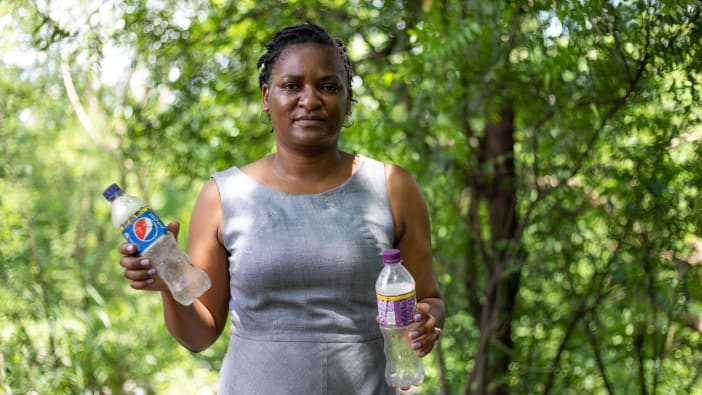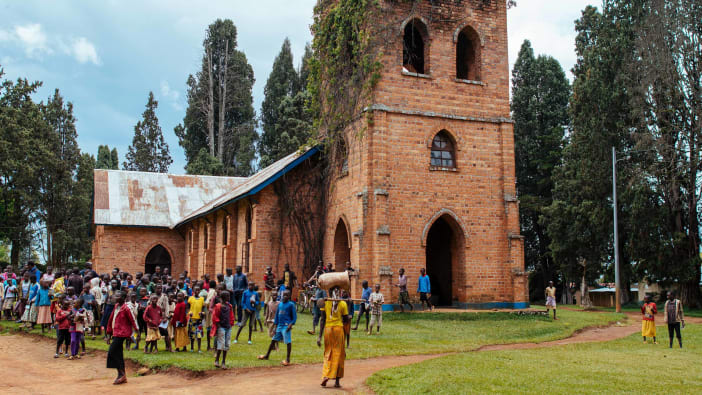They agreed to build a school within the church compound, and raised funds to allow the work to take place. As a result, the Royal Christian College was opened. Pupils were asked to pay small fees in order to provide modest salaries for the teachers.
Although local leaders were involved in the project from the outset, the church and community failed to involve the District Education Office. As the school expanded and its intake increased, local government requirements became apparent. The government outlined that the school would need to be registered with
the Ministry of Education in order to be recognised as an official examination centre by the Uganda National Examination Board. They also stated that it would need to provide a laboratory for pupils’ science lessons. The government told the community that unless the school met the required standards, it would be closed.
Having failed to realise the legal requirements or consult the relevant education policies for setting up a school, the church and community were shocked by this news. They had not understood that their project to set up a school would need to meet government regulations.
The community is now beginning work with the District Education Office to ensure that they adhere to Ministry of Education regulations. It has been a lesson to them in the importance of working alongside government officials from the start in their efforts to bring long-term transformation to their village. They
have requested that they now receive advocacy training from PAG on how to engage with local government and how to find out about and understand government policies.








